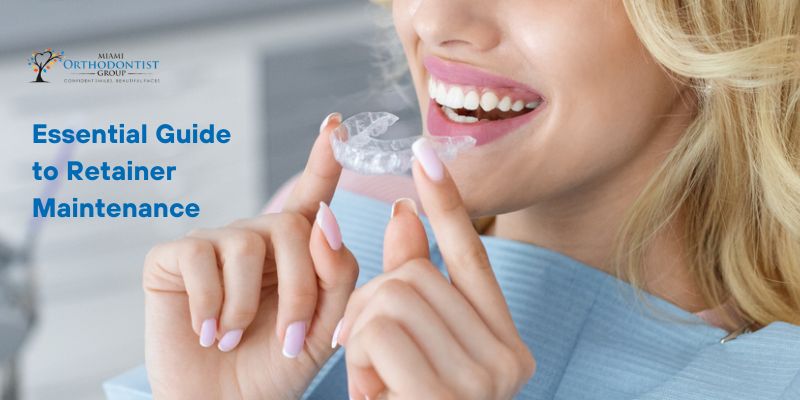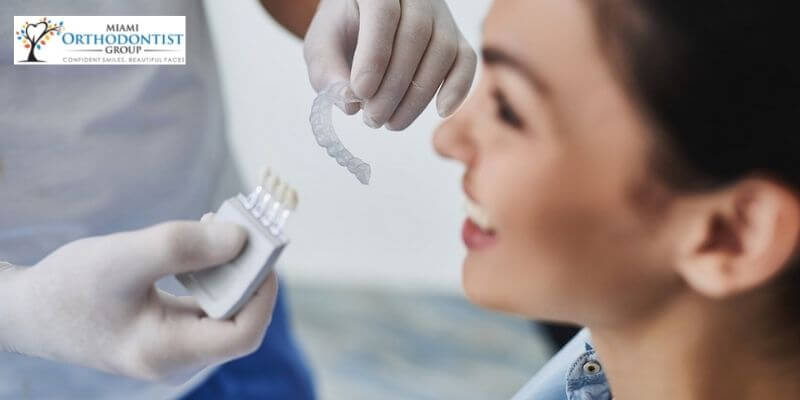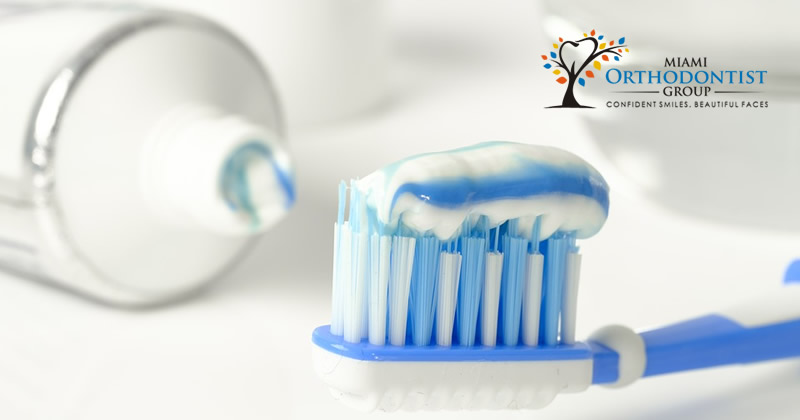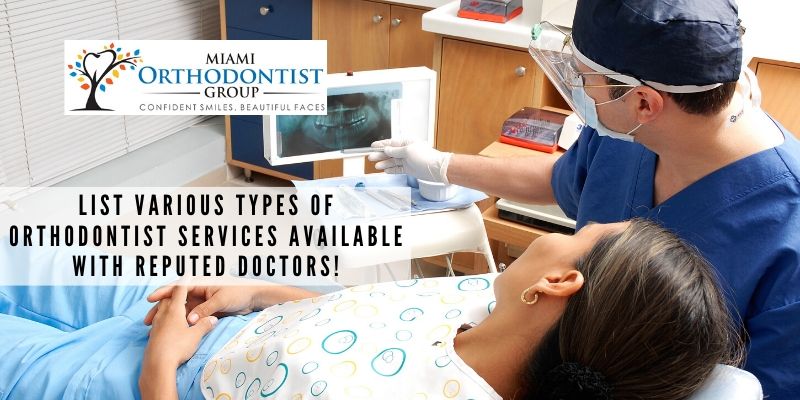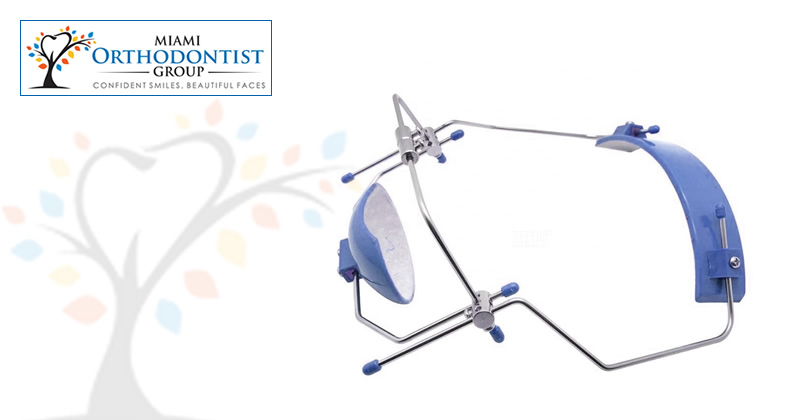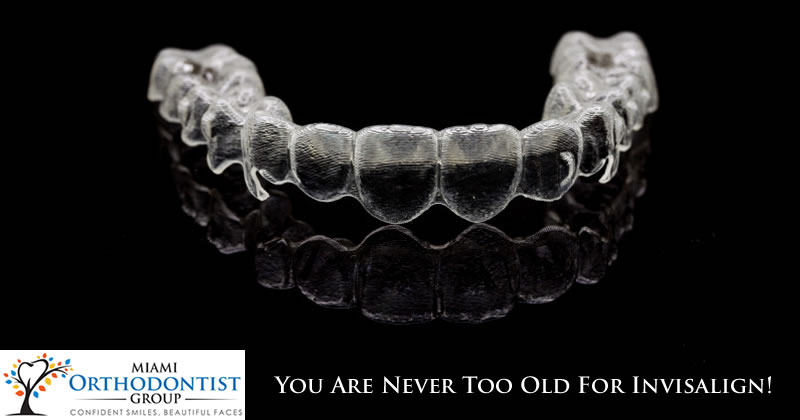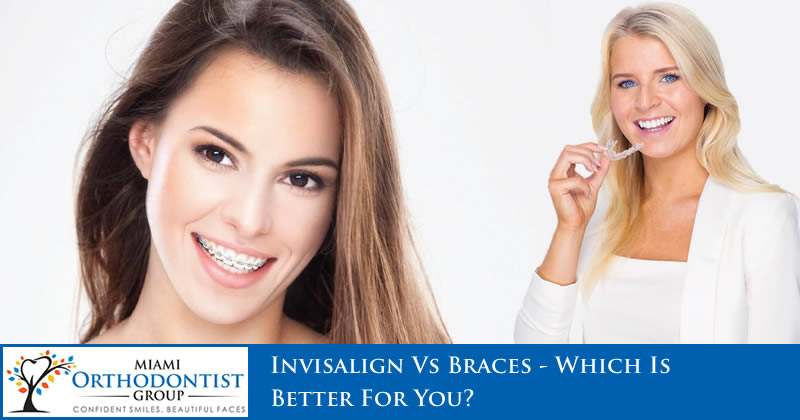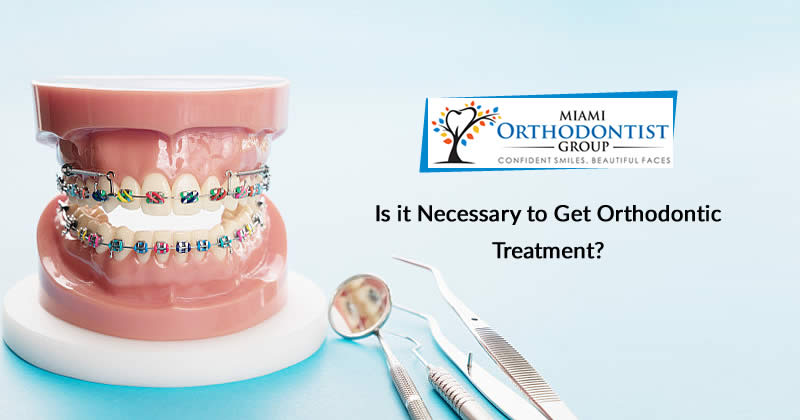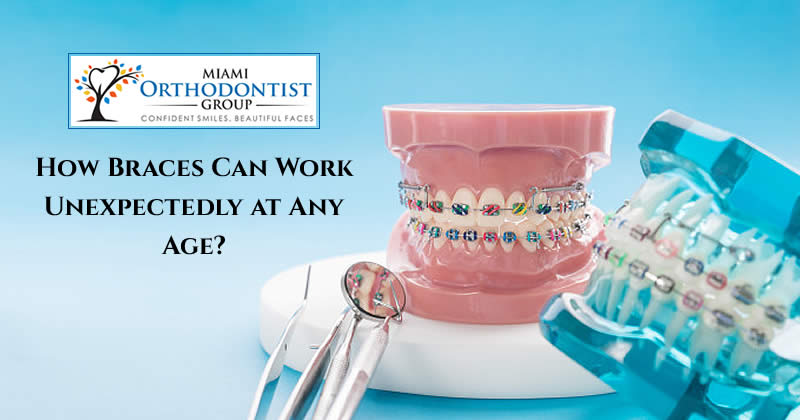Continue reading "The Essential Guide to Retainer Maintenance: Tips from Orthodontic Professionals"
Orthodontic treatment is a significant investment of time and money, and the final step in achieving that perfect smile often involves using retainers. Retainers play a crucial role in maintaining the results of orthodontic work, preventing teeth from shifting back to their original positions. To ensure the longevity and effectiveness of your retainer, it is …


